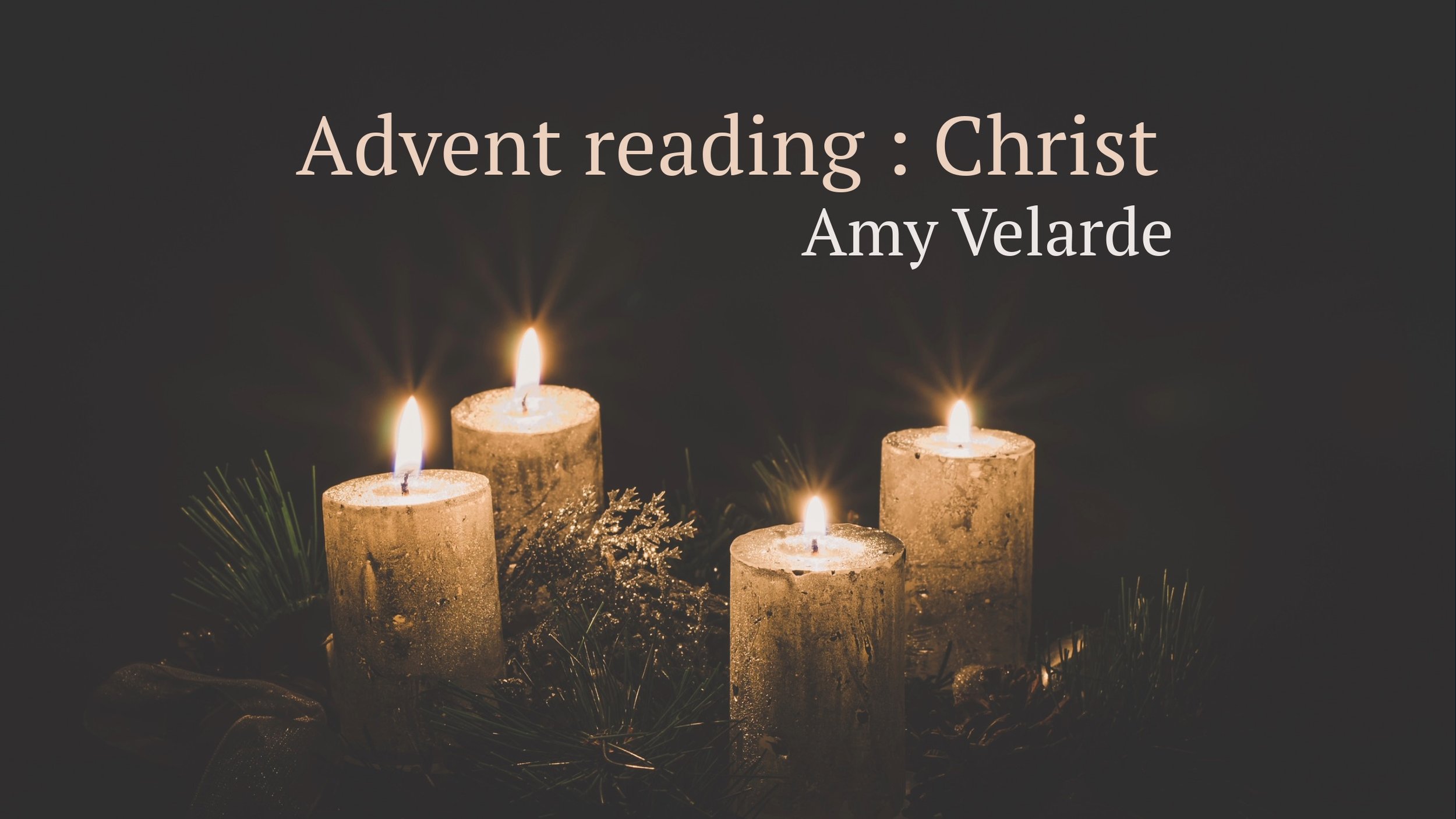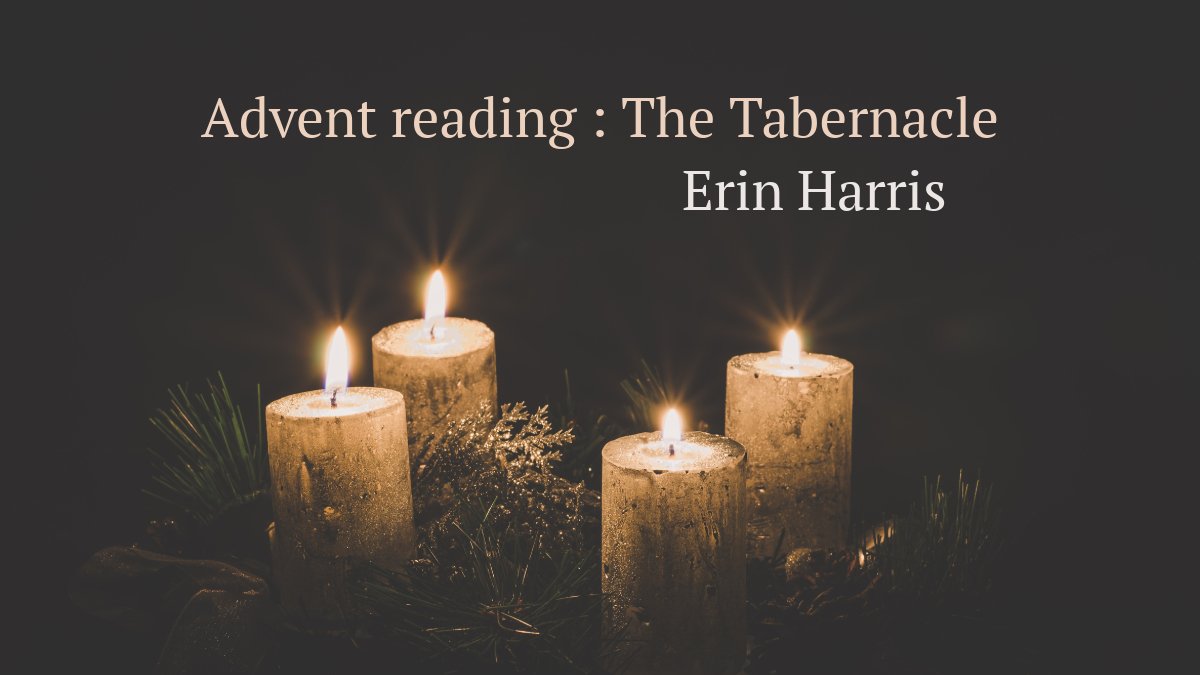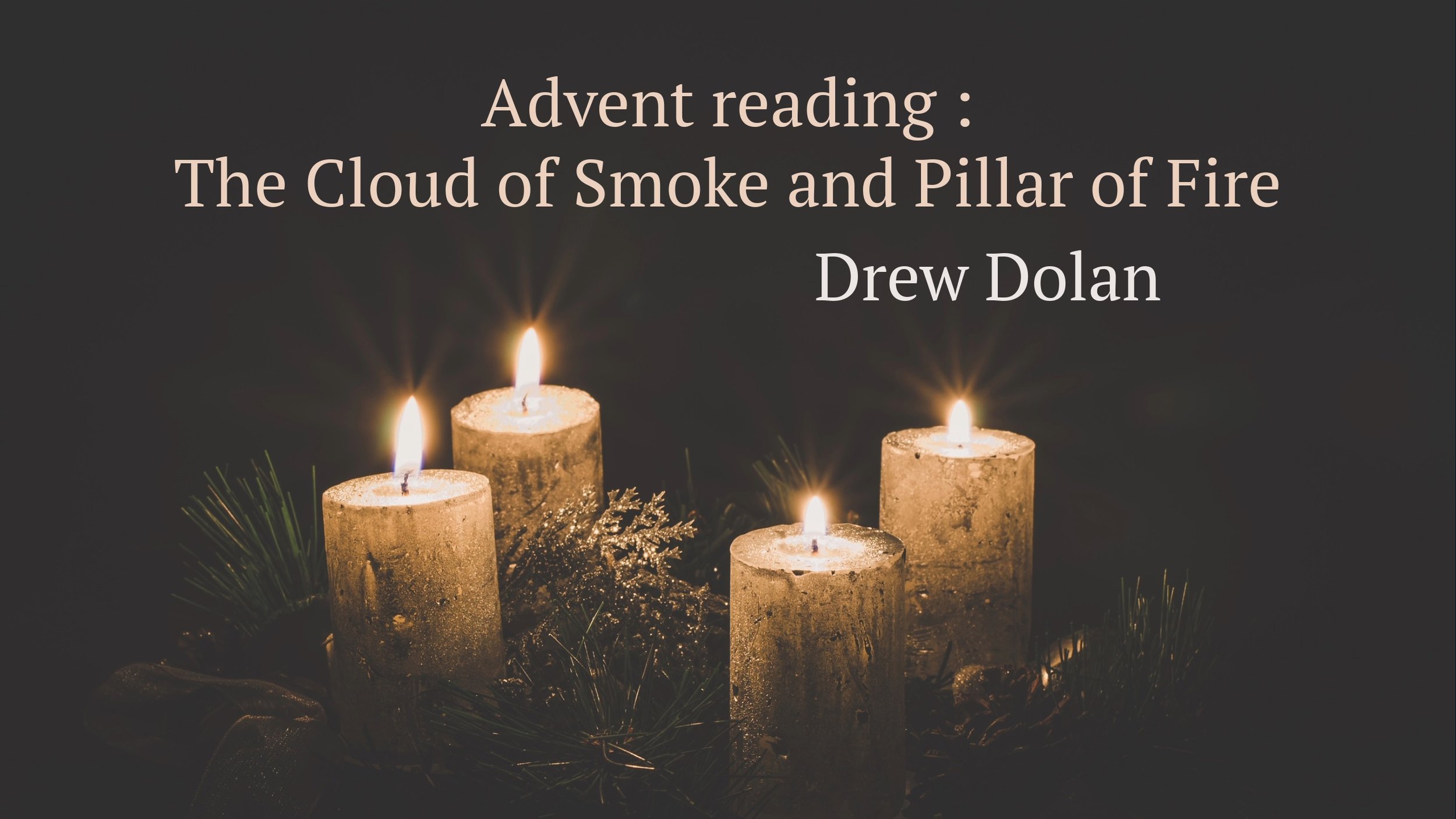Throughout this Advent season, we’ve been reminded of the ways God has revealed Himself to His people prior to Jesus coming. He walked with Adam and Eve in the garden, spoke to Moses through a burning bush, led His people with a cloud and a pillar of fire, and for hundreds of years only a high priest could intercede for sins in the Holy of Holies. The prophets kept speaking of a coming Messiah, but for 400 years, God was silent.
But everything was about to change. Humanity would soon experience God in the most unexpected way using people that were humble, lowly, overlooked and unimportant by societal standards.
“For unto us a child is born, to us a son is given…” Yes, the prophets had foretold of a child, but was anyone actually expecting that? The prophet Isaiah also said,
“and the government will be on His shoulders. And He will be called, Wonderful Counselor, Mighty God, Everlasting Father, Prince of Peace. Of the greatness of His government and peace there will be no end. He will reign on David’s throne and over His kingdom, establishing and upholding it with justice and righteousness from that time on and forever.” Isaiah 9:6-7
So when could they expect this government to finally rest on His shoulders? When would His justice and righteousness prevail? Who would announce his arrival?
But here He was… a baby. Our God, with flesh. He had come.
“He was supposed to look like justice, and instead he looks like love…
He was supposed to look like lightning, and instead he looks like his mother…
He was supposed to look like victory, but here he is sleeping so peacefully. And he doesn’t look like power, oh no,
Instead…he looks like me.”
- Waterdeep, “Why does God have to Look so Human”
Instead of speaking through a burning bush, He sits and has a meal with sinners.
Instead of leading his people with a cloud and pillar of fire, He walked among us, touching, healing, comforting those He encountered.
Instead of royalty and fanfare to announce his arrival, it was the lowly shepherds who share the good news of great joy with all people.
The veil that once separated man from God was now torn from top to bottom through His death and resurrection, giving us full access to God Himself.
“So the Word became human and made His home among us. He was full of unfailing love and faithfulness. And we have seen His glory, the glory of the Father’s one and only Son…From His abundance we have all received one gracious blessing after another. For the law was given through Moses, but God’s unfailing love and faithfulness came through Jesus Christ. No one has ever seen God. But the unique One, who is Himself God, is near to the Father’s heart. He has revealed God to us.” John 1:14-18
Most people weren’t expecting God to come as a baby, and yet He did. Most people today don’t expect to see God at work among us, and yet He is. He is still near. He sent His Comforter, the Holy Spirit, to abide in us. We can come boldly to God, no longer needing a priest to intercede for us, because He has made us a royal priesthood, a holy people. And He is coming again for us one day.
May we have eyes to see the unexpected places God is working. May we embody Christ to those in our circles. May we look around, notice, and not miss all the ways He comes near to us each day. May we sit with Him, talk with Him, behold him, allow Him to speak to us, heal us, and restore us into right standing with His Father. May we experience Emmanuel, God with us, this Christmas and always. Amen.





